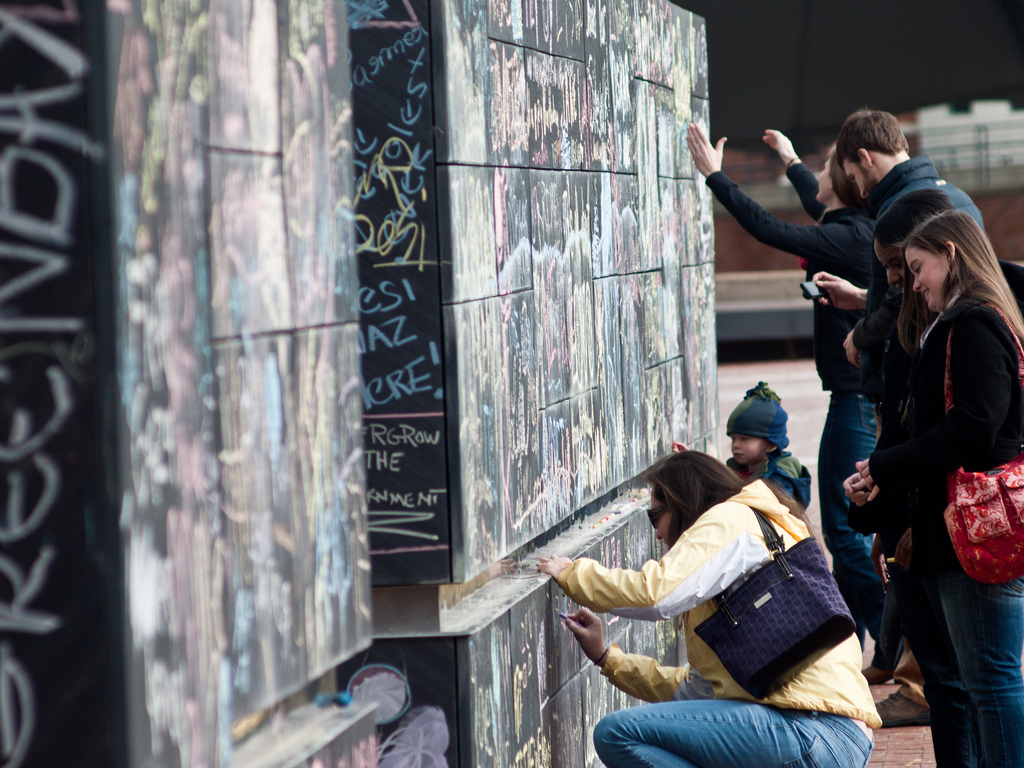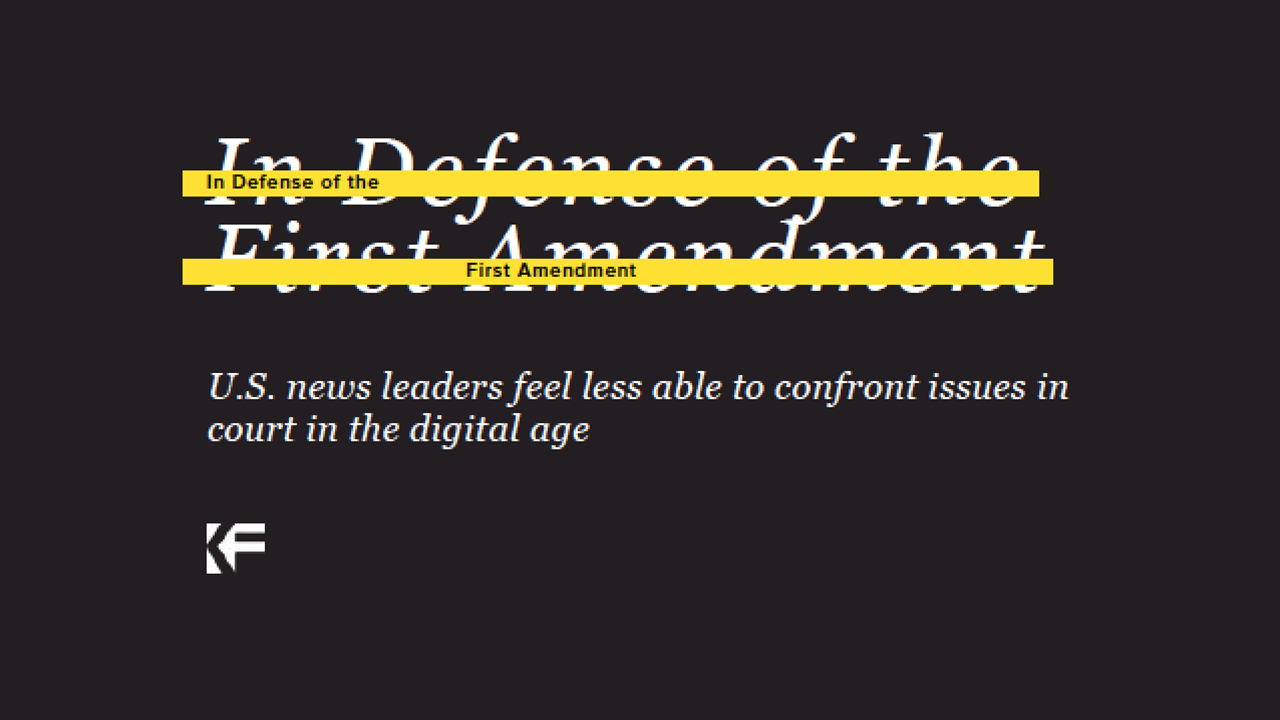
This Sunshine Week, a reminder that open and accountable government is everyone’s job
Michael Morisy is founder of MuckRock, which has received support from the Knight Prototype Fund.
With public trust in our institutions, ranging from Congress and the presidency to the press itself, at staggeringly low levels, it’s past time to think about larger, systematic ways of rebuilding what has been lost when it comes to making our democratic experiment work for everyone.
Rebuilding a broken public records process can play a central part in that, and there’s no better time to take part than this Sunshine Week.
On the news media side, we’re seeing that people just don’t trust us. When news organizations use MuckRock to file requests or post the results on DocumentCloud, and then share the results when it’s over, a skeptical public can follow the old commandment learned by every reporter: Trust, but verify.
With public officials readily picking up the battle cry of “fake news” to slam stories that they don’t like, public records will become an increasingly important part of reportorial judo: It’s a lot easier to push back when officials attack your sources if you can point out, on the record, that you went through official channels and were stonewalled, leaving you no choice but to use off-the-record or anonymous sources.
This Sunshine Week, if you’re in a newsroom, work to make public records and Freedom of Information Act (FOIA) requests part of your routine: When you send in a request for comment, also send in a records request that carries the weight of law. When a source hands you over a leaked document, file a FOIA for it as well — and see what parts of it they claim the public doesn’t have the right to see.
And, perhaps more importantly, bring your readers into the process, because public records battles aren’t a battle between journalists and the politicians and officials they cover, but a more fundamental issue of whether government actually works for the people. When agencies withhold information from the press, or any requester, they are withholding it from the taxpayers and voters whom they serve, and they ought to have a very good reason.
With crowdsourced projects ranging from asset forfeiture in Chicago to social media surveillance, we’ve not only been able to engage audiences deeply into stories that matter, but audiences have helped us make sure that those stories are exploring every possible angle, while keeping the investigations strongly grounded in verifiable information.
For too long, newsrooms have kept their most important public service work closely cordoned off from the public, but records requests open a world of possibilities that protect journalistic integrity while involving the community in meaningful journalism.
In the long term, equally important for making public records work for the community is to make sure the process works for everyone, including those tasked with fulfilling requests. For many agencies, even ones that do it relatively well, the public records process is one done begrudgingly under fear of lawsuit or public shaming.
While many public officials embrace the value in transparency and accountability, the reality often clashes with modern expectations running headlong into ancient data and documentation systems, opaque redactions and releases, and fee structures that make sense at bureaucratic scale but stifle access.
How can this process be rethought for a digital age? Most of the “modernization” attempts now seem to be focused on digitizing processes that were developed in the ’70s: Paper forms are replaced by electronic ones, and follow-up phone calls are replaced with self-destructing links.
For public records to truly work, far more systemic change is needed. What can we learn from the successful implementation of Open311 programs across the country? How can civic partners help government agencies embrace openness from the very beginning, so that transparency is not just an obligation, but an opportunity to help explain to the public the valuable work that an agency does, while also soliciting feedback and ideas on how to do that work better?
That’s a tall order. After speaking with dozens of agencies about their processes over the past year, I became more keenly aware of how underfunded they are, particularly for basic technology upgrades. But I’ve also seen progress.
At the local level, Code for America brigades work to help willing agencies open up their data in new and more user-friendly ways. At 18F, much of their work is done right out in the open on GitHub, and I think ultimately that’s the mindset that will get us to where we need to be. I can only imagine that many times, that transparent-by-default approach feels like a tightrope walk: One wrong step could take your skunkworks project into the limelight at any moment. But just like tightrope walking, when done right transparency is a beautiful thing to behold.
Email Michael Morisy at [email protected] and follow him on Twitter @morisy.
r
-
Journalism / Article
-
Journalism / Report
-
Journalism / Article
-
Journalism / Article
-
Journalism / Article
-
Journalism / Article
Op-ed: Why freedom of information faces problems, and how experts say those can be solved
- RCFP Sunshine WeekExternal Content / Website
Recent Content
-
Journalismarticle ·
-
Journalismarticle ·
-
Journalismarticle ·








